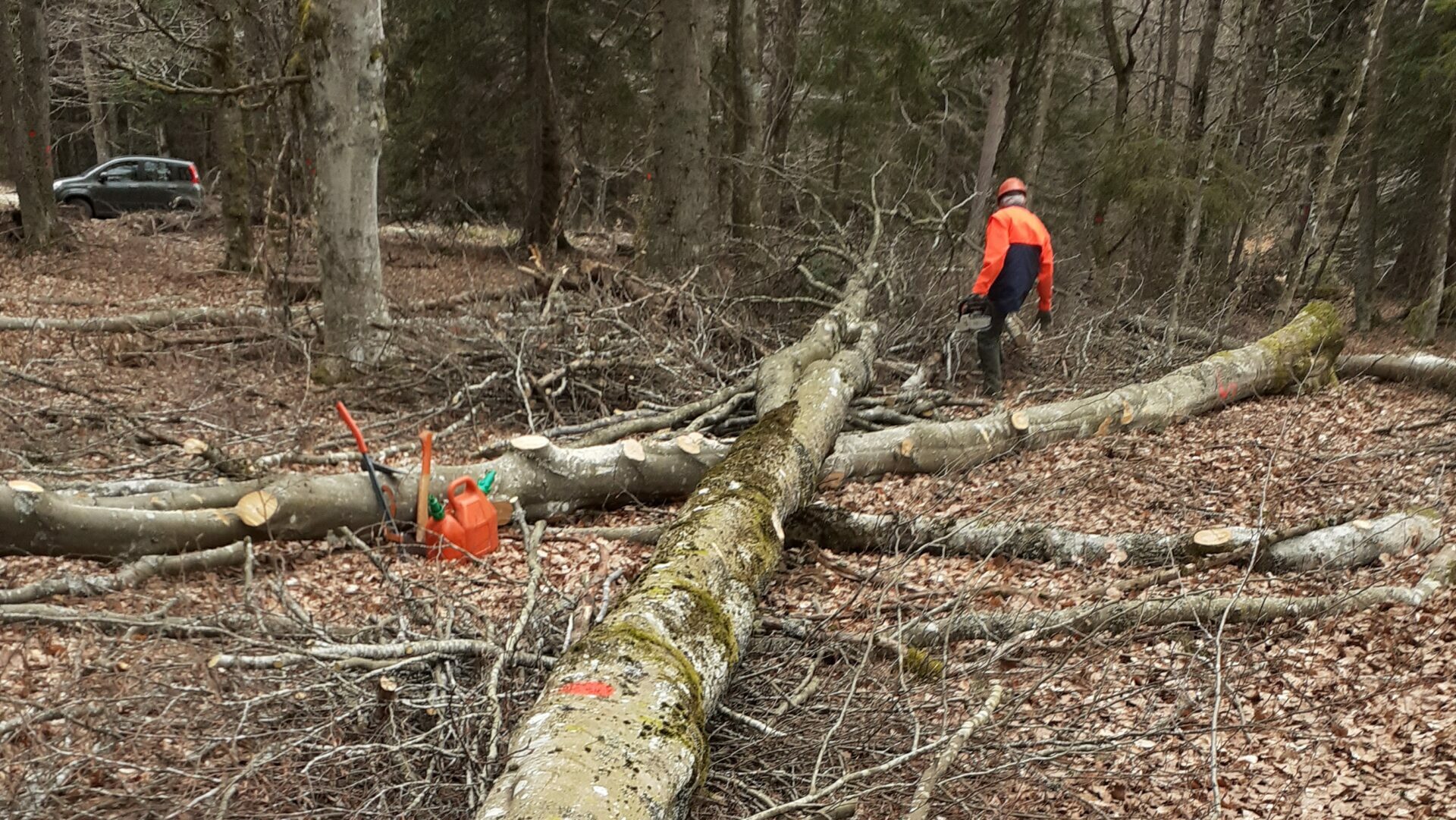Valcom – Enhancing the tangible and intangible heritage of the land commons
Début du projet : 2023The multi-disciplinary participatory science project Valcom – Valorizing the tangible and intangible heritage of the land commons in Auvergne-Rhône-Alpes) aims to enhance the value of the land commons as singular systems that have helped to shape, over the long term, a great deal of know-how in terms of reasoned resource management, and in this way demonstrate their relevance in facilitating the ecological transition and social cohesion.
 © Alain Levet
© Alain Levet
This project follows on from the Comon project on mountain “communaux”. The project’s scientific team was one of the first in France to relaunch multidisciplinary work on the land commons, and the only one to analyze the issues involved from a legal angle. Its common concern is now to demonstrate that actions carried out within the framework of the commons can respond to very concrete territorial or social needs likely to promote the success of the ecological transition.
Originating from rights granted to inhabitants by lords or religious congregations in the Middle Ages, common landholdings have survived the centuries and continue to exist in various forms in contemporary France, mainly in rural mountain areas. There are over 4,000 in the Puy-de-Dôme département alone, and almost 1,000 in Savoie/Haute-Savoie. Thousands of hectares are affected, sometimes more than half of the territory in some communes.
Whether you call them “sections de commune”, “communaux cultifs”, “biens non délimités”, “consortages” or even “bourgeoisies”, the operation of these different types of collective property is based on an original mechanism. They are based on the collective management of a certain number of local resources (forest, water, fauna, flora, various buildings, etc.) shared by the “rightful owners”. They democratically govern a delimited area which, while not their own, gives them the power to take action and make decisions with a view to maintaining the related assets in the collective interest, and passing them on to future generations in the best possible condition.
Collective properties are still considered by those entitled to them in rural mountain areas as fully part of local life and identity. However, they are relatively unknown to public institutions, elected representatives and ordinary residents, particularly those who are described as ≪ neo-rural ≫. This relative invisibility sometimes leads them to be regarded as folkloric relics, notwithstanding the eminent role they still play on a local scale; or that they are set to play in the near future in the face of the many social, ecological or climatic challenges ahead.
Search Massif central Région Auvergne-Rhône-Alpes Culture and heritage Natural areas, resources and biodiversity Planning, public policy and governance


